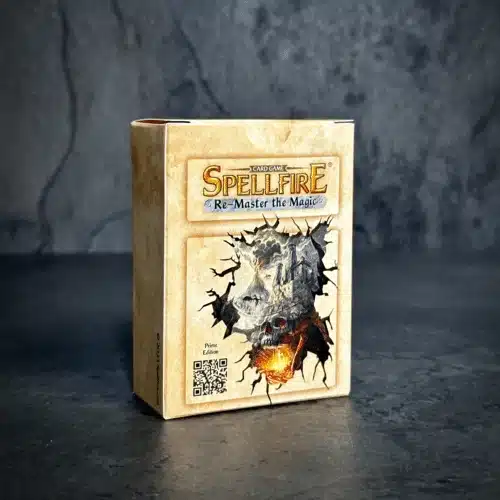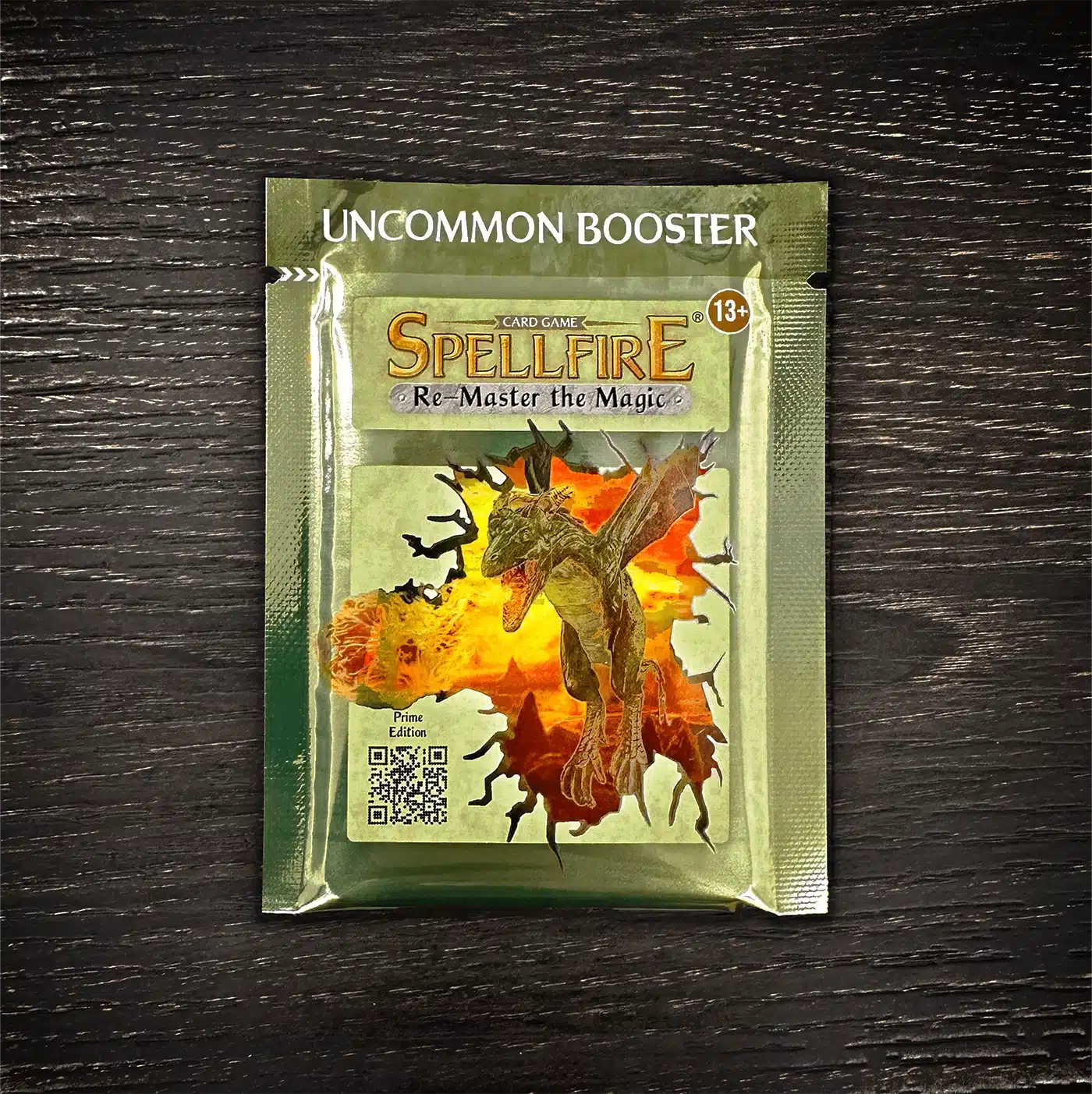The Strategy
Secrets, tips, and tricks to win the gameIndividual tactics, tips and tricks
Smart individualized gameplay explained
There is no doubt that each person's tactics are unique and usually work. Although each player's strategy will vary, this section provides some common tactics to show the new players some insight into the gameplay.
Playing Realms
You should play the best realm in your hand first. In the early game, a realm that is difficult to attack in the front rank may prevent some of your opponents' champions from attacking and keep you safe. The more cards an opponent draws, the higher the chances of him razing the realm are, but you are also more likely to be able to defend it.
In some cases, if your only realm on the first draw is particularly weak, you might be better off waiting for the next draw and hoping to draw something with a unique power. However, by waiting beyond the second turn, you will discard cards at the end of that turn, which may give an opponent a two-realm advantage.
You shouldn't lay down a realm if you don't have a champion who can defend it. You can never be too sure of what an opponent has in his hands, even if you think the realm's special powers can prevent an attack. Ignoring this warning will allow your opponent to earn a free card when he attacks and razes an unopposed realm.
It would be best to always play the middle realm in the third row before either. There are two unrazed realms in front of each middle realm, whereas each end realm has only one unrazed realm in front of it.
Playing Champions
Considering how many Spellfire cards can discard realms, placing champions into play if you only have one realm is not entirely safe. It is safer to put champions into play if there are two realms, so don't rush things.
As a result of hand size limitations, you will most likely discard cards if you wait until your third turn to play champions. It's also best to get a popular champion out early before an opponent can put down that champion.
Attacking an Opponent
Be bold. It would be best if you tried to attack an opponent every round unless the theme of your deck dictates otherwise. Even if you have only a few support cards, at least the defender's forces will be whittled down. In that way, he will not be able to attack you. A quick attack on your opponent may catch him off guard, and you may even get lucky.
At times, it's best to be able to play the first card during a battle. You can use your instant defeat cards or other potent special powers before your opponent does. During combat, you should also play cards that double or triple the attacker's levels as late as possible. In this manner, your force will increase to the maximum extent possible.
Defending
A defensive strategy is even more difficult than an attacking strategy, and you will need to think it through. As an attacker advances, you should consider how many potential cards are available for your usage. There are times when it's better to raze the realm rather than lose many good cards. Your best defensive tactic often combines several defenses to defeat an attacker and end the battle. Sometimes the first champion sent forward to defend your realm will be the most important.
During a round of battle, it's better to be the first player to play a card. Since you know the attacker's level, this is easier to do when defending. As long as the cards are not countered, you can play instant defeat cards for a quick win. Defensive tactics can be beneficial in multiplayer games and lead to multiple spoils of victory before the next turn.
Spoils of Victory
Winning a battle is important. Yet, how you play the spoils of victory is even more crucial. If you already have the maximum number of cards in your hand, you will need to discard one card after drawing the spoils of victory if you won't be able to play it. It is best to have one fewer card than the maximum cards allowed in your hand before entering a battle. Always beware of counting on the spoils of victory to be a helpful card.
Upon drawing spoils, they can be played immediately. However, they do not have to be played at all. You can save cards up and use them when it's the right time and place, and having a solid card can be equally deadly later. In addition, you can keep spoils of victory in your hand or return them to the top of the draw pile if you do not put them into play.
Event play
Compared with the number of events, the number of cards that protect someone against them is pretty small, and nearly every Spellfire player has them. To get these cards out of a player's hand, using the "bait and switch" tactic is a good idea. You do this by playing the lesser of two events in your hand first.
You can also play events early in the game, so your opponent cannot build a defense against them. It is typical for cards with special powers that negate events to be kept in reserve, and the longer a game goes on, the more likely it is that these cards will appear.


